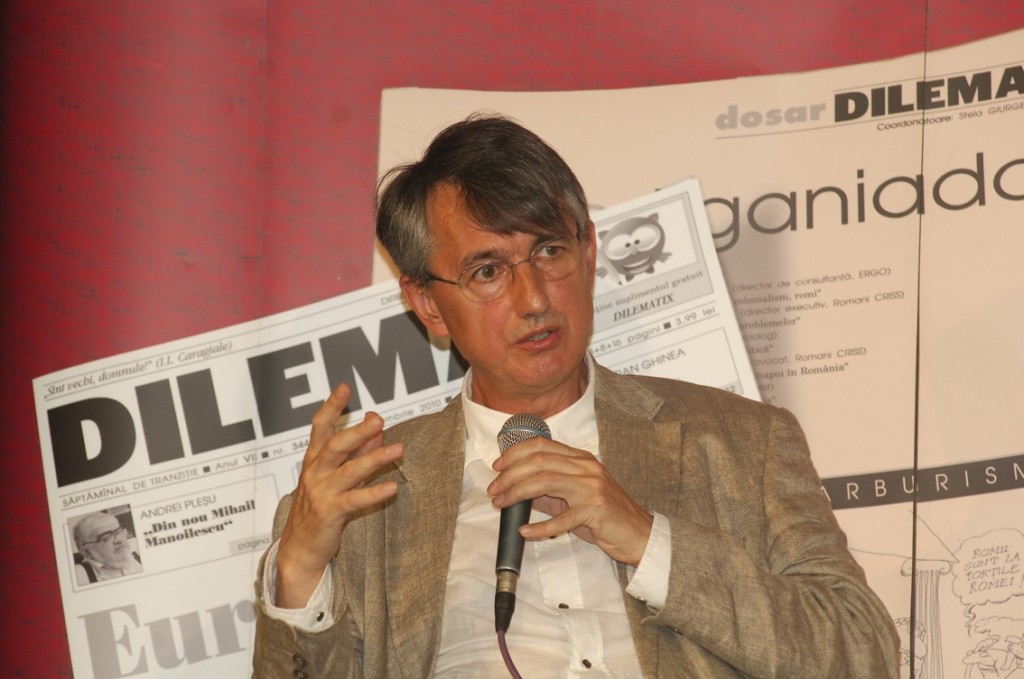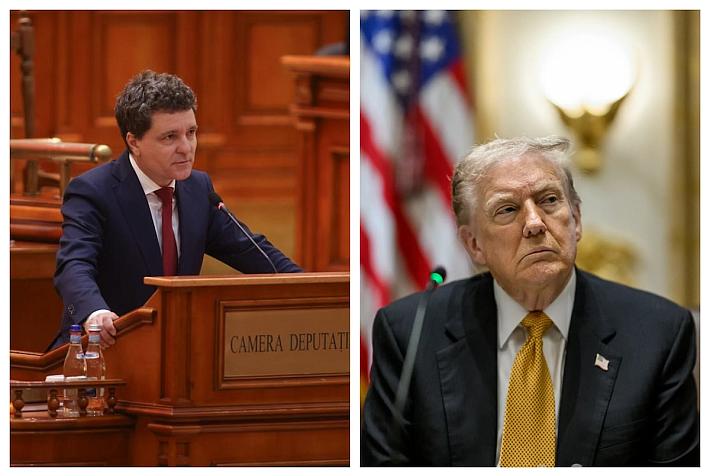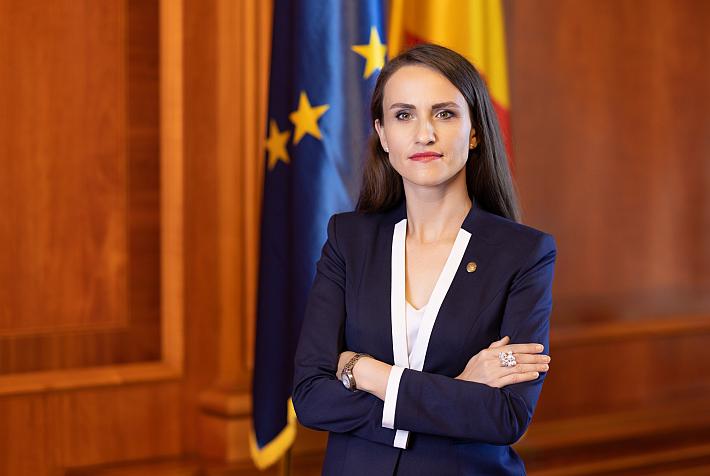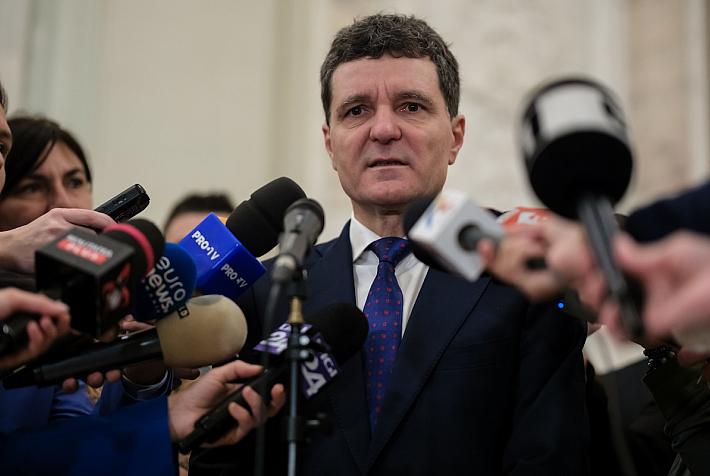Political row over control of Romania's Cultural Institute
 The latest bout in the president Basescu vs Prime Minister Ponta political prize fight has centered around a somewhat improbable candidate: Romania's Cultural Institute. Currently under presidential auspices, PM Victor Ponta put forward a motion to transfer control of the Cultural Institute (ICR) to the Romanian Senate, saying it was “politicized and lacked transparency.”
The latest bout in the president Basescu vs Prime Minister Ponta political prize fight has centered around a somewhat improbable candidate: Romania's Cultural Institute. Currently under presidential auspices, PM Victor Ponta put forward a motion to transfer control of the Cultural Institute (ICR) to the Romanian Senate, saying it was “politicized and lacked transparency.”
President Traian Basescu gave a sullen response that roughly translates as, “If that's what they want, let them do it.” It must all leave Horia Roman Patapievici (in picture), the ICR president, rather mystified. The recent change allows the Parliament to name a new president as well as a management council for ICR within two weeks. Speaking at a conference on June 13 attended by many luminaries of the arts in Romania, Patapievici was forced to defend himself and his organization. Patapievici countered the accusations in front of an audience that included Cristi Puiu, Andrei Şerban, Alexandru and Ada Solomon, Grigore Leşe, Dan Dediu, Mihai Mihalcea, Ada Milea, Voicu Rădescu, Irina Margareta Nistor, Cristina Modreanu and Doina Jelea among others.
Responding to the charge of wasting public money, he said that half the ICR's 2011 projects were carried out in partnership with foreign institutions, which also brought funding, while one in five of the institute's events didn't cost anything. Patapievici said the organization's budget reports speak for themselves and show quality programs from minimal public funding. He described the accusations as “shameful” and stated that he, and the ICR, worked autonomously without political interference or any kind of political agenda. Bringing the ICR under senate control would, according to Patapievici, lead to the organization being more politicized, as opposed to the current presidential control, which he described as “symbolic.”
The government has introduced an emergency ordinance to bring the ICR under parliamentary control. “Putting the ICR under parliamentary control is the democratic choice and aims to make the institution more transparent. Use of public funds must be above any suspicion and only through transparent and democratic parliamentary control this can be achieved,” said government spokesman, Andrei Zaharescu.
The Romanian Cultural Institute organizes a wide range of events both in Romania and abroad. It has various foreign offices and works with Romanian and foreign artists, promoting local culture around the world.
Liam Lever, liam@romania-insider.com
(photo source: ICR)












